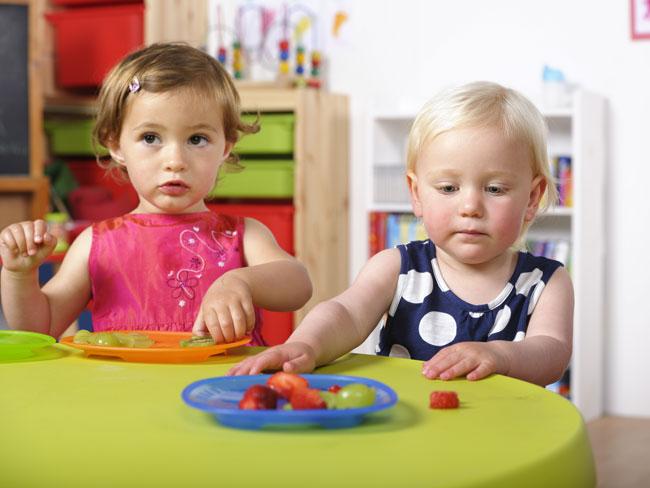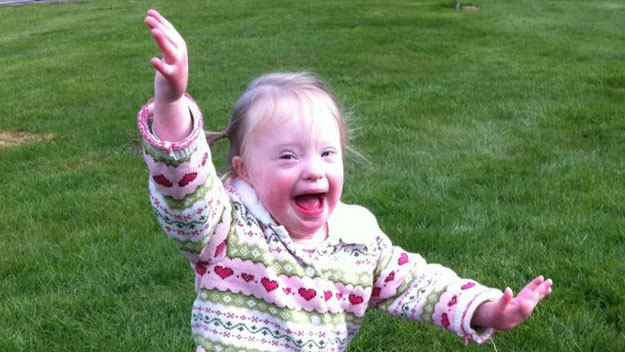Do you find yourself changing your behaviour in different social situations? Are you one person at canteen duty, another person at your mother’s group, and a different person again at the office?
As a way of fitting in, we follow the behaviour of everyone else around us. We conform.
This ability is not unique to adults, children do it too. In fact new research has found that people conform from a very early age.
Lead researcher in this study, Daniel Huan explains that conformity is a normal part of our social make-up, “Conformity is a very basic feature of human sociality. It retains in- and out-groups, it helps groups coordinate and it stabilizes cultural diversity, one of the hallmark characteristics of the human species.”
Huan, a psychological scientist went on to clarify that conformity is not always helpful or appropriate, however human society would look very different if we didn’t have this tendency.
Huan’s study compared toddlers to apes to see the difference in conformity in their social groups. He found that our human tendency to abandon our own preferences for the sake of fitting in is particularly pronounced in humans.
“Our research shows that children as young as 2 years of age conform to others, while chimpanzees and orangutans instead prefer to stick with what they know.”
To conduct his study, Huan studied a group of 18 two-year-old children, 12 chimpanzees and 12 orangutans.
In each group the participants were shown a box that had three coloured sections, each with a hole in the top. The participants learned through playing with the box they could drop a ball in any of holes, but they would only get a treat from one particular section.
After working out which coloured section delivered them a treat, the participants then watched their peers play with the box. But this time the box had a different section that delivered their peers a treat.
The first participants were then able to play with the box again and had to choose which section to drop their ball in.
Despite already having played with the box and having learned which hole gave them a treat, the children were more likely to change their choice to match their peers.
Whereas the toddlers conformed more than half of the time, the apes and orangutans almost always ignored what their peers did, and chose to stick with the original strategy that they had already learned.
The obvious conformity in the toddlers shows that our motivation to fit in appears very early in humans.
“We were surprised that children as young as 2 years of age would already change their behavior just to avoid the relative disadvantage of being different,” says Haun.


